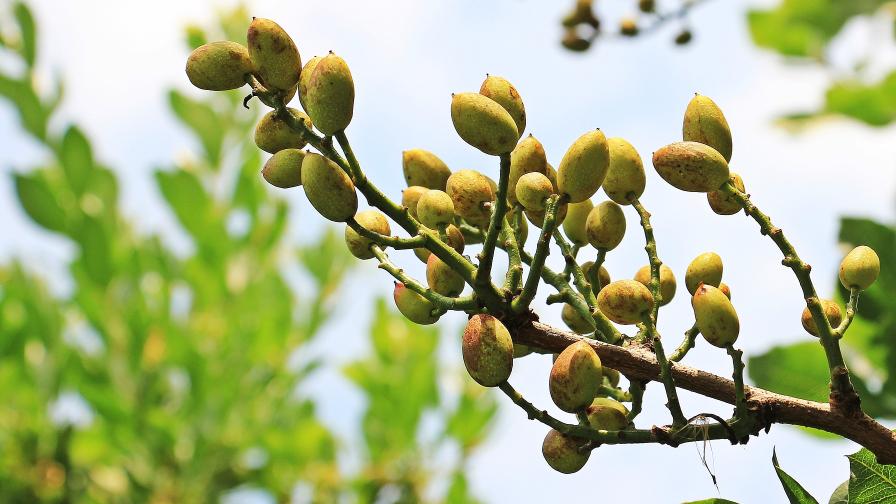Apples, Cherries Hit Hardest By Retaliatory Tariffs
Apples and cherries are among the agricultural commodities which U.S. exports to countries retaliating with tariffs represent 30% or more of total exports, and may be the most severely harmed by retaliatory tariffs leveled by China, Mexico, and other countries, a new report from the Congressional Research Service says.
The report, “Profiles and Effects of Retaliatory Tariffs on U.S. Agricultural Exports,” notes many “countries have imposed tariffs on U.S. agricultural products to retaliate against actions the Trump Administration took in spring 2018 to protect U.S. steel and aluminum producers and in response to Chinese intellectual property rights and technology policies.”
More than 800 U.S. food and agricultural products have been subject to retaliatory tariffs from China, the European Union, Turkey, Canada, and Mexico. U.S. exports of those products to the retaliating countries totaled $26.9 billion in 2017, according to USDA export data.
The report states that the choice of agricultural and food products for retaliatory tariffs likely reflects the large volume of agricultural trade involved and that many of these products can be sourced from non-U.S. trading partners. Such tariff hikes threaten to reduce U.S. agricultural exports.
The most highly dependent crops on exports to the retaliating markets include soybeans, sorghum, pork, cheese, seafood, ginseng, and whiskey. The only two specialty crops mentioned were apples and cherries. Here is what the report states regarding these two crops.
Apples
U.S. apple exports to Mexico and China are now subject to additional retaliatory tariffs of 20% and 40%, respectively, raising the total tariff rates to 20% and 50%, respectively. The two countries accounted for about 30% of the $969 million of total U.S. apple exports in 2017.
Mexico was the leading export market by value for U.S. fresh apples, importing $275 million in 2017, or 28% of total U.S. apple exports that year. Under NAFTA, U.S. apples were not subject to import tariffs in Mexico.
China opened its market to U.S. apples in 2015, and the U.S. apple industry considers it to be a potential growth market. China imported about $18 million worth of U.S. apples in 2017 when the tariff rate was 10%.
India ranked third as a destination for U.S. apple exports in 2017, purchasing $97 million of U.S. apples, or 10% of total exports. The Indian government proposes to apply a 30% retaliatory tariff on imports of U.S. apples on January 31, 2019.
Cherries
China has imposed a retaliatory tariff of 40% on U.S. cherries, raising the total tariff rate to 50%. Demand for cherries has increased in China in recent years, and the U.S. has been a key source for filling that demand. U.S. producers exported $123 million worth of cherries to China in 2017 — an increase of 68% over 2016 exports — accounting for 19% of total U.S. cherry exports that year.
The steep retaliatory tariff may spur Chinese importers to look for alternative suppliers. The value of U.S. cherry exports contracted by 19% in fiscal year 2018 from the prior year due in part to China’s retaliatory tariff, among other factors.









